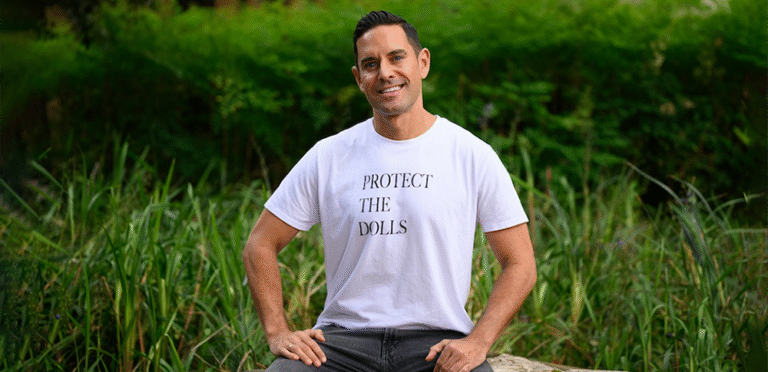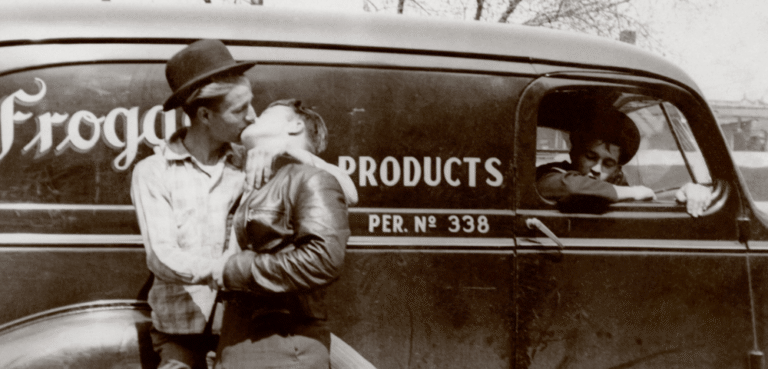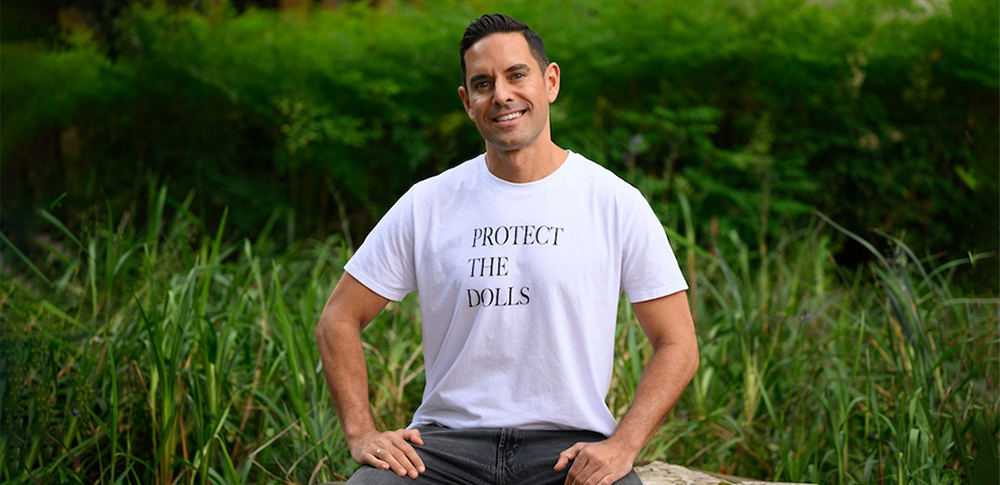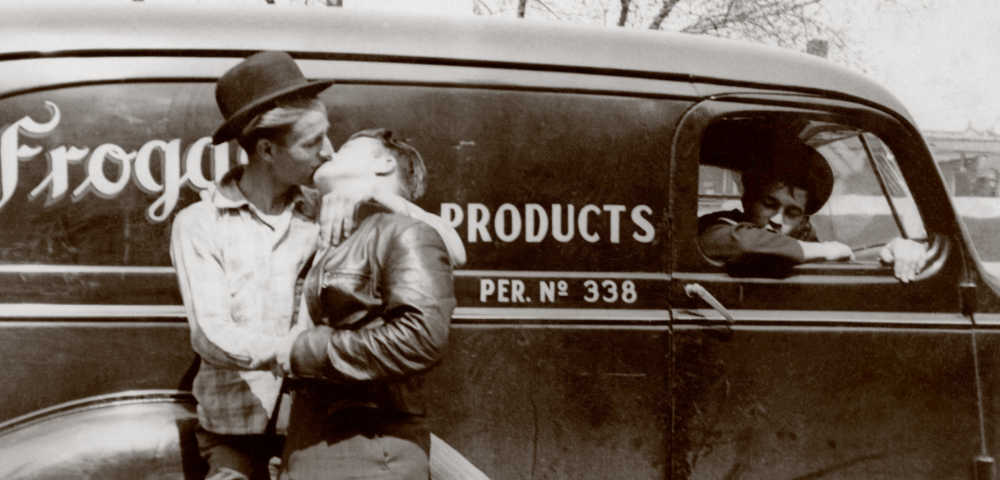
HIV positive guys need to consider going on meds earlier — ACON

MORE HIV-positive men need to think about starting treatment straight after diagnosis if ambitious targets to end HIV transmission by 2020 are to be met, the head of NSW-based LGBTI health body ACON has said.
The comments come as the organisation launches a major new sexual health campaign that also aims to clear up confusion surrounding one of the newest buzzwords in the HIV lexicon.
Following its “test more” and “stay safe” campaigns, from this weekend ACON will begin blitzing social media, in print and venues with the “treat early” message.
Talking to the Star Observer, ACON chief executive Nicolas Parkhill said there was increasing evidence that starting medication sooner had personal health benefits as well as protecting others.
“Treating early is one of the ways that we can reduce transmission and improve the health and wellbeing of our community,” he said.
“But only looking at one approach isn’t sufficient… We need to continue to test for HIV at high rates and we need to continue to utilise the prevention tools we already have, particularly condoms.
“It is only with a comprehensive approach and engaged community that takes ownership over these strategies that we can end the epidemic.”
Initial findings from Europe’s Partner study, released last year, found there was generally a one per cent chance, and at most a four per cent chance, of a person with HIV passing the virus onto their partner if their viral load was practically nil.
Taking antiretroviral therapy (ART) is effective in lowering viral loads but, previously, starting treatment hadn’t been recommended until after a person’s CD4 count had fallen below 350 – often some time after the initial diagnosis when viral loads are high.
Australian guidelines now recommend starting ART at any time after infection.
Last year, all the country’s health ministers reaffirmed the goal of the “virtual elimination” of all new HIV transmissions by 2020.
A phrase used throughout the ACON campaign is “undetectable” which, according to Parkhill, was increasingly being used online but understanding of the term was mixed.
“Depending on the context it could be used as a statement about overall health or it could also be used in sexual situations to indicate decreased risk of HIV transmission,” he said.
“It reflects the increasingly nuanced way that gay men relate to HIV [and] one of the goals of this campaign is to ensure that there is a consistent understanding of what the term means and what the impact is for people who are using it is a risk reduction strategy.”
Parkhill said preventing HIV transmission was the responsibility of both positive and negative people but the increasing use of terms such as “undetectable” could enable more open discussions between partners.
However, he was at pains to say the campaign wasn’t about demanding people treat early: “We recognise that there are differing opinions in our community about when to start treatment and we hope that conversations about this occur and that people make decisions about when to start treatment from a fully informed place.”











Hi, Greg – Not sure what you mean by your last comment about a treatment plan not always being the best option for people with HIV. I’d be interested if you clarified it or explained it a bit more. From reading the article I understood they’re saying that taking meds earlier was also about improving health as well as just preventing infections. And the article did mention that prevention was an issue for both neg and pos people. It is a sad fact though that by law in NSW, the legal responsibility still rests with the HIV positive person to reveal their status – making even an accidental transmission of the virus a criminal offence (but on;y if the person knows their status at the time.)
I just want to clarify something about the way the PARTNER study findings are summarised in this article. That was a study of poz-neg couples that looked at the protective effect of treatment during condomless sex. The study authors said their point estimate was zero but the confidence interval around the estimate could range up to 4% per year. Many poz-neg couples use condoms to prevent transmission and this would lower the transmission risk even further.
The article is incorrect in stating that the Partner Study estimates that there is a 4% chance of passing on HIV. Alison Rodger from the study states “our best estimate is zero.” The 4% figure comes from mathematical modelling and in fact is a per annum rate, not per sex act. The HPTN 052 study, smaller though it may have been, showed that there were no infections in heterosexual couples where the positive person was undetectable as well. There will be more results in about a week from the Opposites Attract Study coming out of CROI in about a week from now.
I feel insulted by this article. It generalises that HIV positive gay men put others at risk due to being HIV positive. My personal experience is that most HIV specialists are inadequate doctors, and all reporting metrics flow through The Victorian Aids Council whom cherry pick which data to comment on, Its such a pity that what you fail to add in your story about treatment is that A treatment plan, is not always the best option for people living with HIV and the local establishment that makes up the Gay community is not really brimming with supportive welcoming honest people.